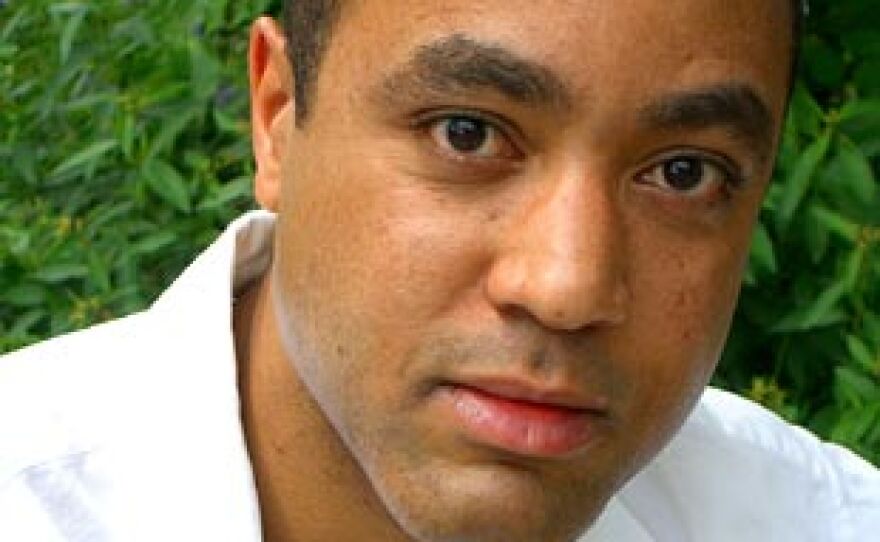Here's one way I knew we weren't going to be post-racial after last January. I expected that throughout this year and beyond, when white people criticized Obama with any degree of spunk, there would be people speculating as to whether racism had anything to do with it.
It didn't take long. Many found the sputtering anger of the people protesting at town hall health care meetings suspiciously high-pitched. Maybe, but we can't be sure racism was at the root of it — discussions of Social Security in 1930s were pretty fierce too.
Or, South Carolina's Congressman Joe Wilson shouting "You lie!" at Obama while he was giving his address to the Congress last week. I can't help a feeling that if the president were white, Wilson would not have shouted out as if he were at a hockey game. After all, no one has pulled something like that while a president was speaking in recent memory.
But it's what I imagine. I can't know. Just like I can't know whether Glenn Beck would be so comfortable calling a white president a racist. I doubt it. But that's not knowing.
In cases like this, it will almost always be tricky to call where anger leaves off and bigotry begins. The question is whether we even need to dwell on it.
Let's say that racism plays a part in cases like these. We all know that there will always be such cases. Here, a noose. There, someone using the N-word who isn't black.

Racism isn't like computer code — either and or. We all know it's less of a problem in America than it once was. But at this intermediate stage, it hovers. It's growing pains.
But something we can't forget is that at the end of the day, he's in. Last week he gave one of the best speeches in modern memory — and didn't miss a step after Joe Wilson's bad hair moment.
Some might say that any racism we detect is dangerous because it may be the beginning of something more hideous. But what is the precedent over the past hundred years for a gruesome nationwide reversal in racial attitudes?
History can move forward. We don't worry that growing pains mean that a child may start growing backwards like Benjamin Button.
Wilson's yelp did not stir up a chorus among his colleagues. It brought him some donations — but the other side raised donations as well. Joe Wilson is unlikely to make it into any history books. Nor, in 50 years, will anyone be digging up old footage of Glenn Beck.
Quite a few people banned the mention of Franklin Roosevelt's name. They're dead now and Roosevelt was elected four times.
Or, a hundred years ago in 1909, the National Negro Conference had to devote a vast amount of time to arguing that black people were not biologically inferior to whites. In 1959, Mack Parker was lynched in Mississippi and a federal grand jury let the perpetrators go. The case was only reopened this year.
Here in 2009, the people who wake up every morning at 1600 Pennsylvania Avenue are black. No gloomy remnants of antique ways of thinking can change that — not now, and I highly suspect, not in 2012 either. Just watch.
Copyright 2022 NPR. To see more, visit https://www.npr.org. 9(MDAzMjM2NDYzMDEyMzc1Njk5NjAxNzY3OQ001))






